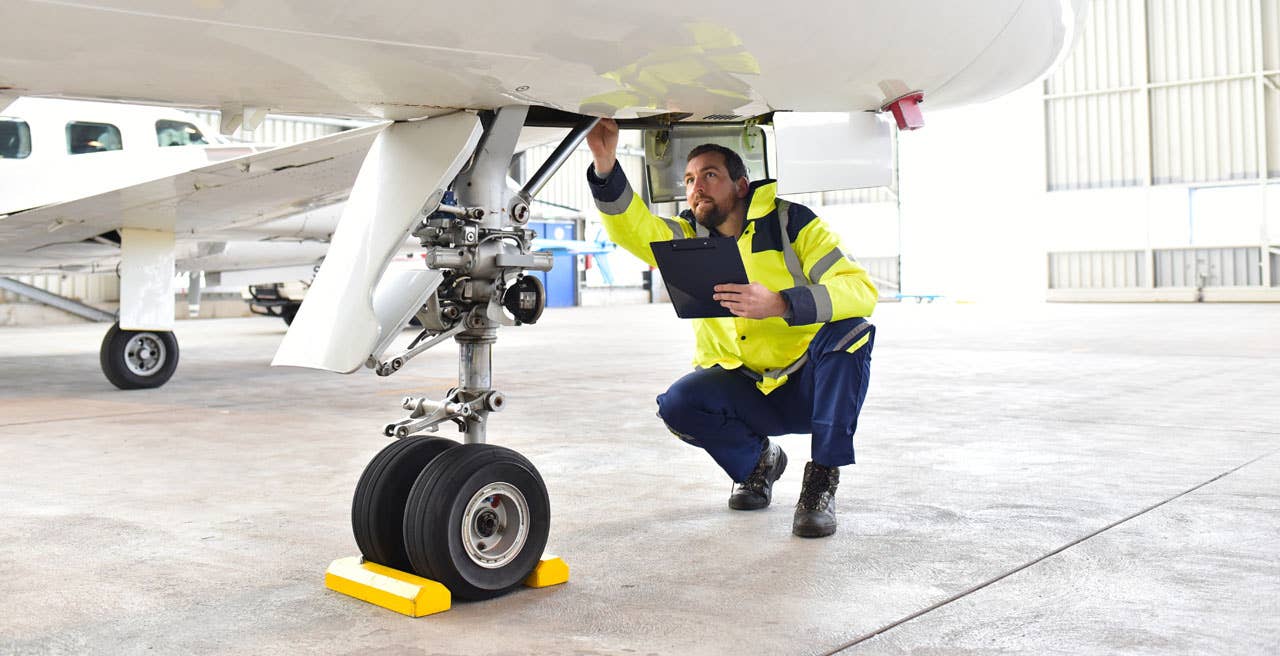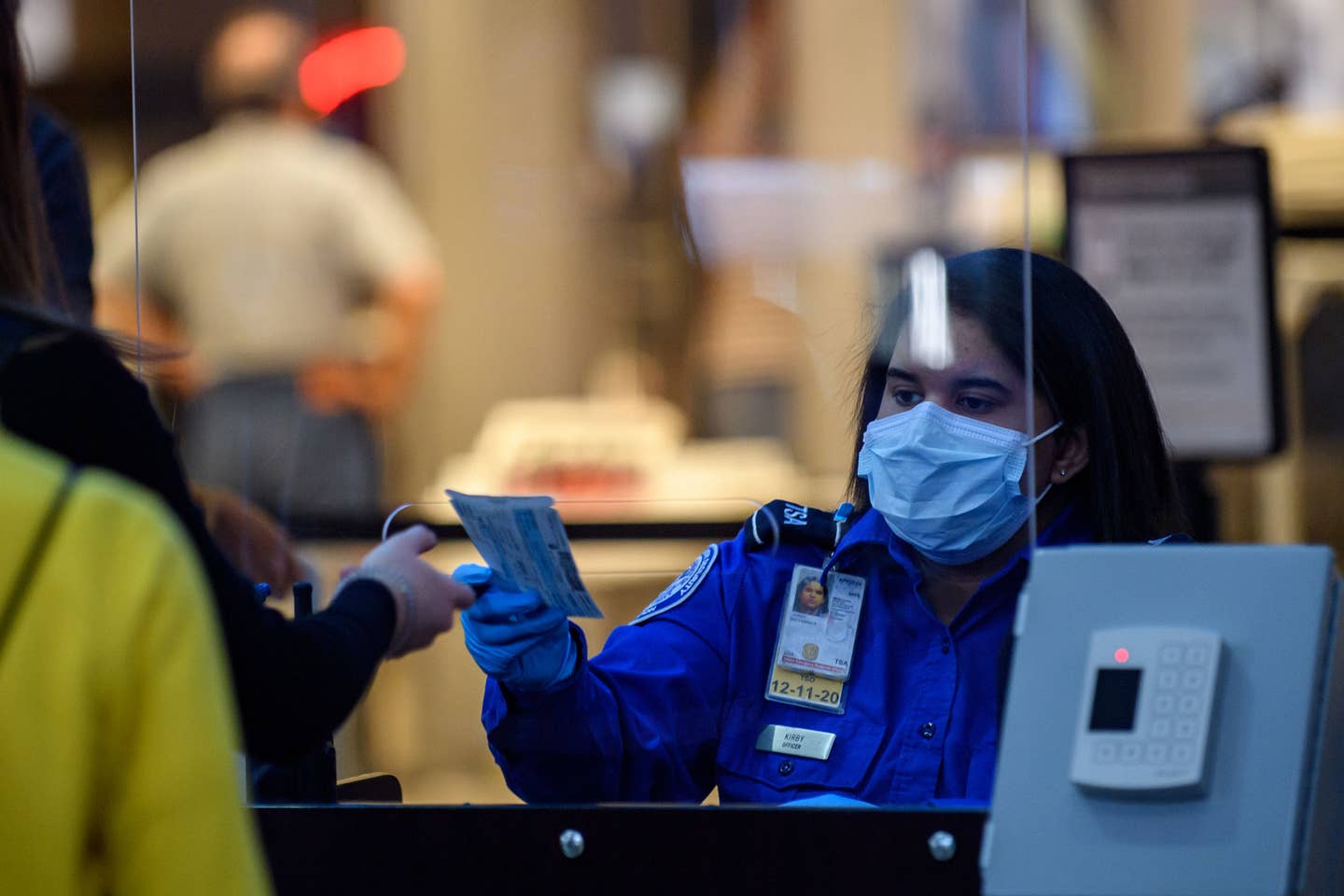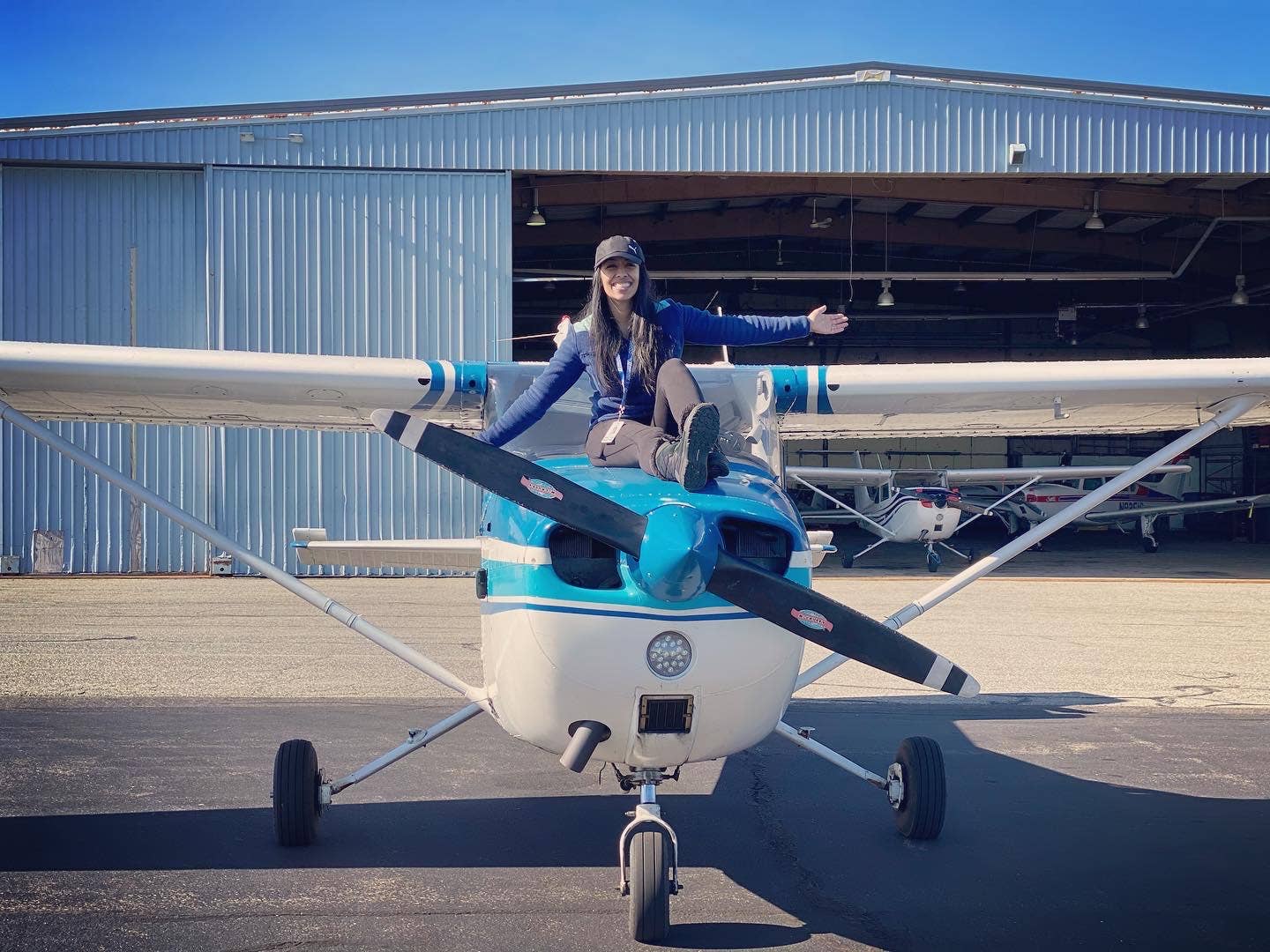FAA Proposes New Pilot Rest Rules
New rules (PDF) proposed by the FAA to manage pilot fatigue were announced Friday; they provide limits on duty time of any kind, provide 30 consecutive hours weekly of time off and attempt to guarantee at least eight hours sleep between shifts. The new requirements aim to create a single consistent rule that “would eliminate the current distinctions between domestic, flag and supplemental operations.” That translates to domestic, international and charter operations and means a minimum rest period of nine hours off-duty measured from the time the pilot reaches suitable accommodation. “Unforeseen circumstances” may lower that to eight hours. The FAA says the new rules are based on scientific research that show factors other than sleep affect fatigue, including “time on task.” While defining a single consistent rule for rest, the rules for duty time are more flexible.

New rules (PDF) proposed by the FAA to manage pilot fatigue were announced Friday; they provide limits on duty time of any kind, provide 30 consecutive hours weekly of time off and attempt to guarantee at least eight hours sleep between shifts. The new requirements aim to create a single consistent rule that "would eliminate the current distinctions between domestic, flag and supplemental operations." That translates to domestic, international and charter operations and means a minimum rest period of nine hours off-duty measured from the time the pilot reaches suitable accommodation. "Unforeseen circumstances" may lower that to eight hours. The FAA says the new rules are based on scientific research that show factors other than sleep affect fatigue, including "time on task." While defining a single consistent rule for rest, the rules for duty time are more flexible.
The rules do provide different requirements based on time of day, jet lag and "the likelihood of being able to sleep under different circumstances." And, in specific circumstances, they eliminate existing limits on maximum flight time. The rules allow for up to 18 hours of flight duty time designated as "augmented" if conditions based on an aircraft's rest facility, a flight's start time and its crew size are met. The rules also eliminate a maximum flight time for certain augmented operations. Under the rules, pilots would have the right to decline a flight if they feel fatigued, without retaliation by management. The FAA's proposed rule sets limits on duty time of any kind for weekly and monthly periods and establishes a requirement for 30 consecutive hours each week that are free from duty. The changes from current Part 121 requirements have been inspired in part by the crash of Colgan Air Flight 3407 in February 2009, near Buffalo, N.Y. The FAA is accepting comments on the rules for 60 days.






